What exactly do we do?
We Train

Our academic courses (offered in collaboration with the Department of Sociology and Criminology) are designed to train students at University Park campus and around the world in our evidence-based approach to small-group conflict facilitation. The courses combine in-class immersive workshops with responsive, personalized coaching, and a semester-long practicum where students facilitate two 90-minute small group dialogues per week. This amounts to approximately 100 hours of practice over their first two semesters of study (which is commensurate with a master’s-level counseling practicum).
We are developing a facilitator training program for professionals across various fields. We already completed our first pilot with 15 professionals at different stages of their careers where they engage in class workshops and an immersive weekly practicum to develop the mindset and skills of a conflict facilitator.
We are seeking investment in our innovation efforts to support R&D of our training module in order to grow our professional training program.
We provide ongoing training for coordinators at our sites that allows them to establish a satellite dialogue program and recruit participants for dialogues. We engage in day-to-day communication to support their operations across time zones and continents, ensuring that the programming is robust enough to serve people and communities with needs, interests, and risk factors that may be vastly different from one another and from us.
We Study
We provide evidence-based programming, training, and resources that were developed under the leadership of Dr. Laurie Mulvey through nearly 30 years of grounded theory clinical research.
Since 2002, dialogue participants have consistently reported highly positive experiences in our facilitated dialogues. The data point to a felt sense of value that occurs when people come together in constructive ways.
Each bar in the following graphs indicates the percentage of participants who “strongly agree” or “agree” with the particular survey item that year. Each graph illustrates these percentages over nearly twenty years.
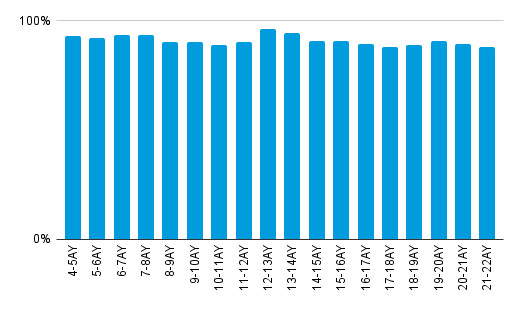
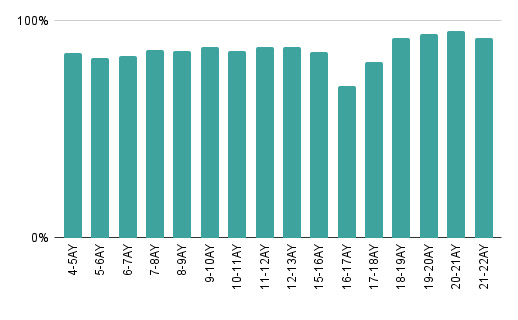
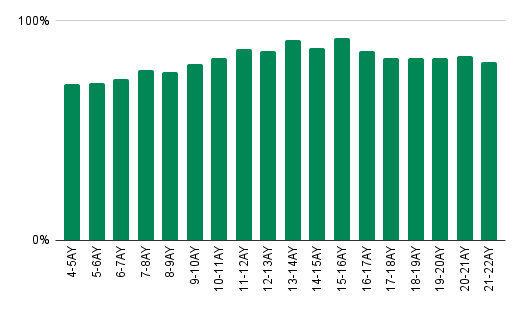
We Serve
We serve communities by deploying trained facilitators to enable small groups to address intractable social topics constructively by surfacing as many differing perspectives as possible. The intention is to discover the value in these differences and to build relationships–and solutions–in the process.
Israel–Palestine Dialogues
During Dr. Mulvey’s Social Conflict Class (SOC 425), for seven semesters, students participated in weekly online dialogues with citizens either in Israel or Palestine for the purpose of examining the conflict in that region from the lens of the people living in it–and, through that process, learning about the nature of conflict itself.
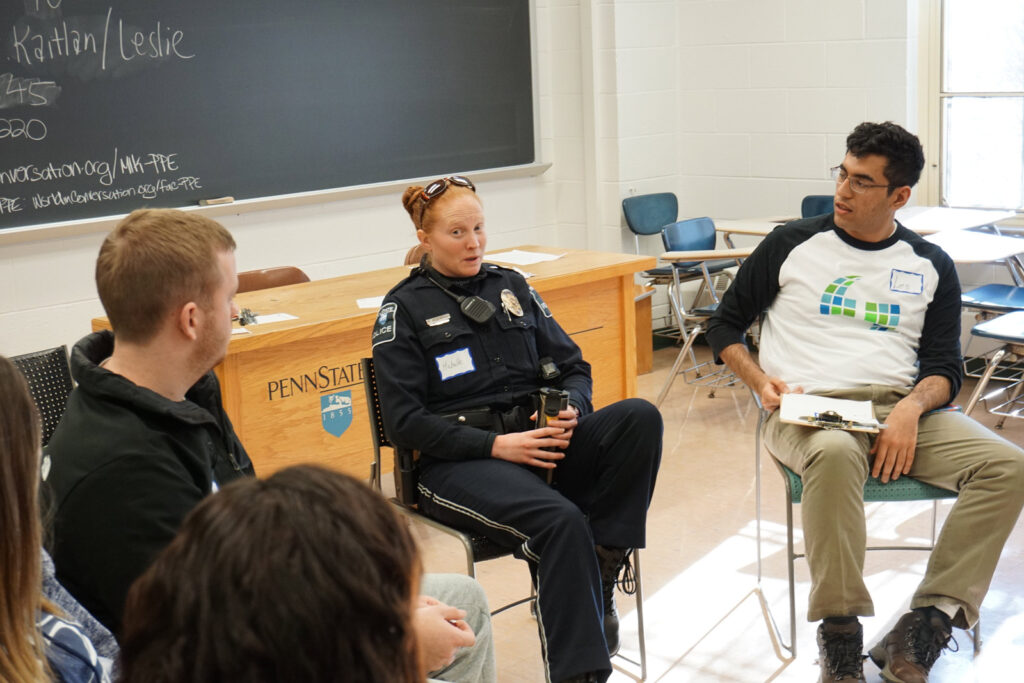
Police–Citizen Dialogue
Immediately after George Floyd’s death, a group of Nashville citizens and police gathered online for a facilitated dialogue.
West–Middle East Dialogues
During a time when the United States still had troops on the ground in the Middle East, we developed a dialogue initiative between international students from a variety of countries in the Middle East and students from a variety of backgrounds in the U.S. to address current issues related to these differences.
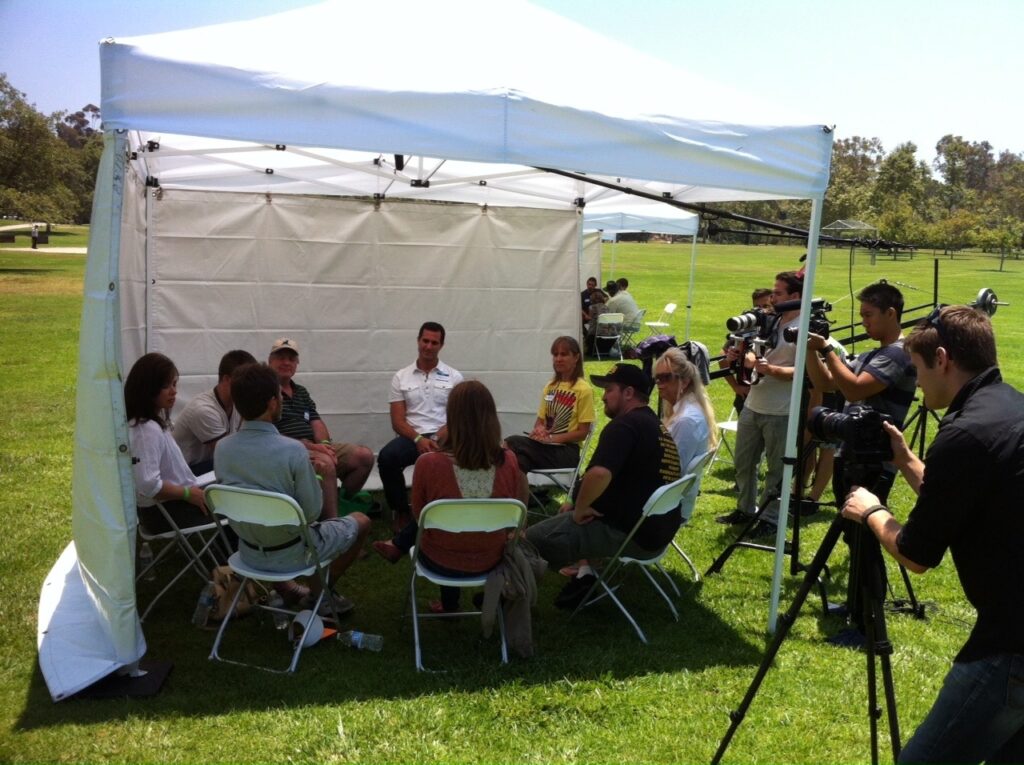
The Day We Came Together
Citizens representing opposing political groups participated in a day of facilitated dialogues in Southern California facilitated by alumni facilitators from World in Conversation.
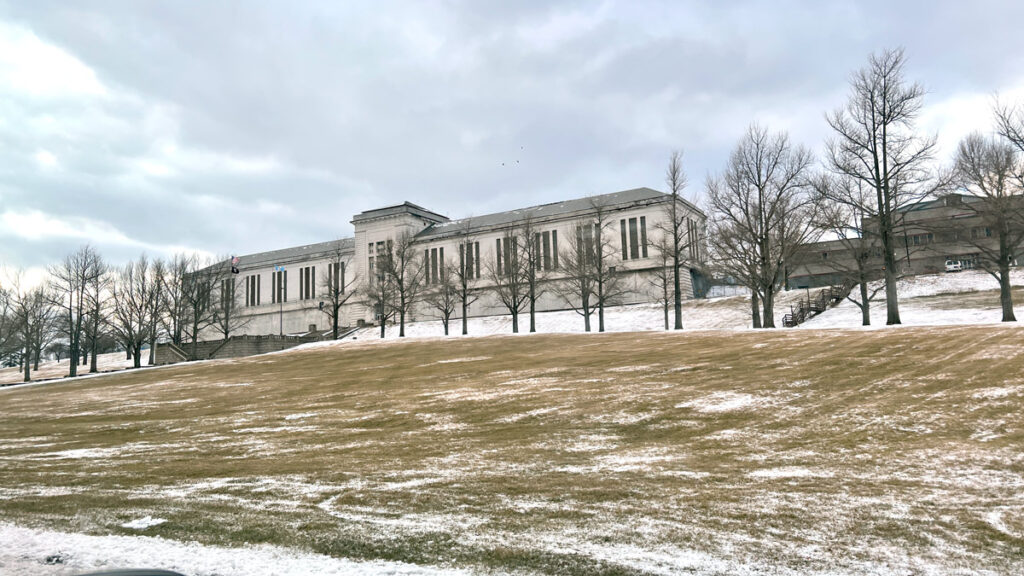
Getting Life Dialogues
Every semester for five years, Penn State undergraduates engaged in a series of facilitated dialogues with incarcerated men serving Life sentences inside a Pennsylvania State Prison.
West–East Dialogues
With the increasing presence of students from countries in Asia on campus and very little interaction between domestic students and them, facilitated dialogues were initiated to bring these groups into conversation to address current issues together.